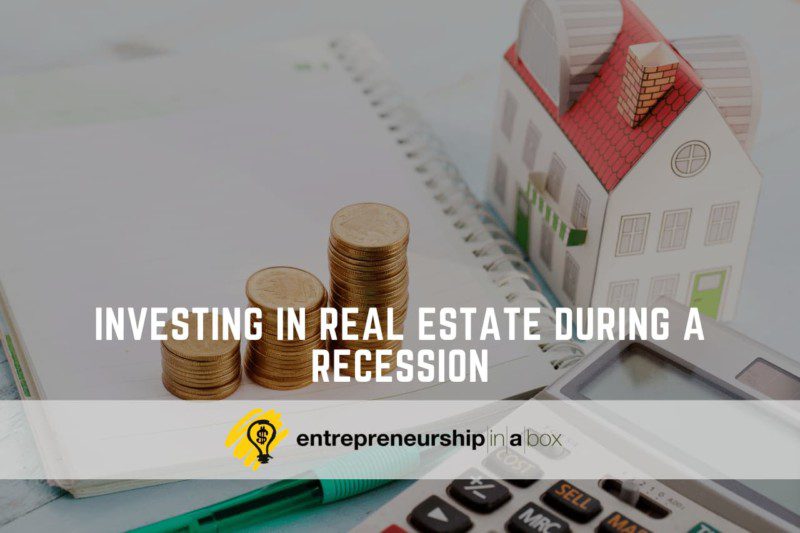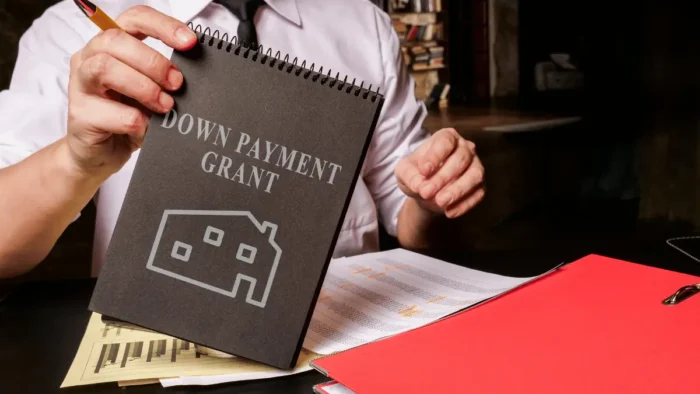It may seem counterintuitive to invest in real estate during a recession, but if you want to get ahead of the game when the economy rebounds, now might be the time to make that move.
People have turned for many years to real estate as the most viable investment option. But in a recession, many ask if investing in real estate is a good idea.
If you’re thinking of buying houses for sale in Toronto, it’s vital to have a strategy for maximizing profits.
Is Real Estate a Good Investment During Recession?
Typically, a recession is marked by a shrinking economy, with people focusing on spending money on essentials. While companies could slow down hiring or start laying off workers, the real estate market can provide some stability for investors when the economy slows. Compared to other investments, such as stocks or businesses, the real estate market is more stable in the long run.
The most significant investment during a recession is residential properties, as housing always has a demand regardless of what happens. Commercial real estate is more profitable and dependable. However, people need shelter over their heads, and homes are not subject to economic conditions, making for suitable investments. Moreover, recession comes with opportunities. Home values won’t necessarily drop following a recession.
For example, in a hot housing market like Toronto, if the recession slows development, investors will have many bargains to buy discounted properties. The real estate market is slowly correlated to the stock market, and if the stocks experience increased volatility, there’s a negligible impact on the real estate market.
What to Invest in During Recession?
As mentioned before, businesses could suffer losses, and you might have to handle vacancies in your commercial investments. On the other hand, housing will always be in demand. Separately, while a recession won’t automatically precede a drop in property values, it can cause a hot housing marking to cool off, opening up opportunities for you to buy properties at a discount.
If you’re wondering what to invest in during a recession, you should consider the following property types:
- Duplexes, triplexes, and quadplexes
- Townhouses
- Multifamily homes
- Single-family homes
- Tiny homes
- Condos
- Apartment buildings
Thanks to the ever-present demand for properties, you can secure your future through smart investments, robust property management, and the correct financial planning. The more units you can rent out, the more rental income you will generate. But you’ll have to consider that more units can mean higher maintenance costs and more responsibilities.

Tips for Investing in Real Estate During a Recession
If you’re interested in investing in real estate in a recession, you first have to consider location. When choosing real estate investment, location is always a vital factor. Ideally, it would be best to look for rental properties where demand is high and rental rates can allow you to maintain the profit margin you seek.
At the same time, staying calm is vital. In the real estate market, there will be highs and lows along the way, so remain patient but engaged. By constantly keeping your eyes on the prize, you’ll be ready if prices dip. Study the local real estate market and fluctuations and be prepared for the ideal time to buy the property you had your eyes on. In addition, pay attention to interest rates. As they continue to rise, so will the cap rate, which refers to the return rate on an investment property.
Cash flow rental properties could help you minimize the risk during a recession. While cash flow properties might be attractive, try not to overlook the need for cash reserves when purchasing a rental investment. In addition, if you want to invest in a rental property, look for still cash-flowing properties.
Ultimately, measure the loan options and interest rates, as the timing of the loan can considerably affect the cost. Interest rates might be higher at the beginning of a downturn but will then drop when National banks adjust the rates to encourage people to borrow and spend.
Advantages of Purchasing a Property During a Recession
Buying a property has its positives, from decreased mortgage rates to seller concession and lower prices. In a full-blown recession, housing supply is higher than demand, meaning homes stay longer on listings. You might even get a deal of a lifetime without doing anything extra. Moreover, as sellers may be uncertain during such periods, you can use their wavering stance to your advantage. For example, you can make them overlook fees like closing costs when buying their property.



